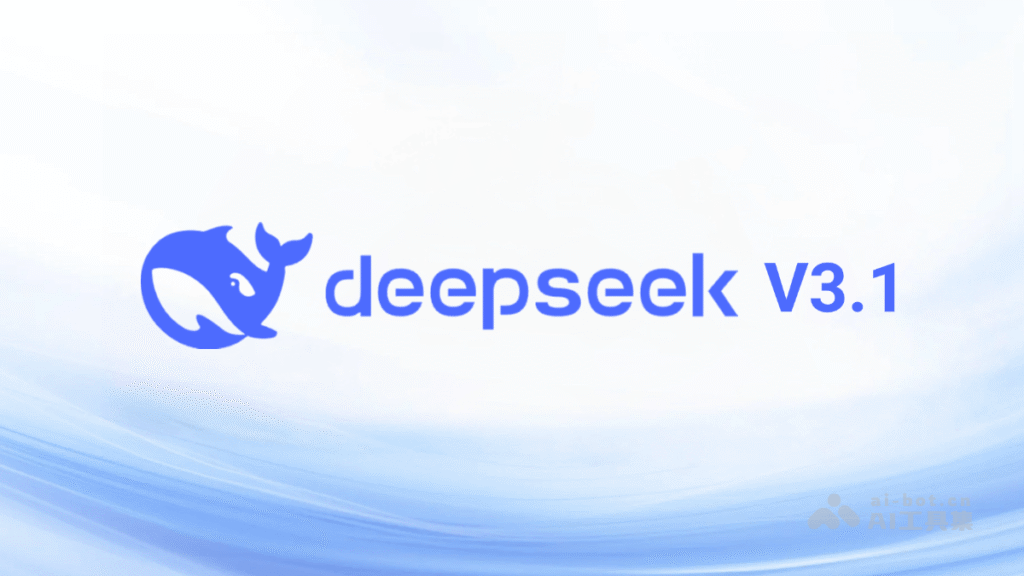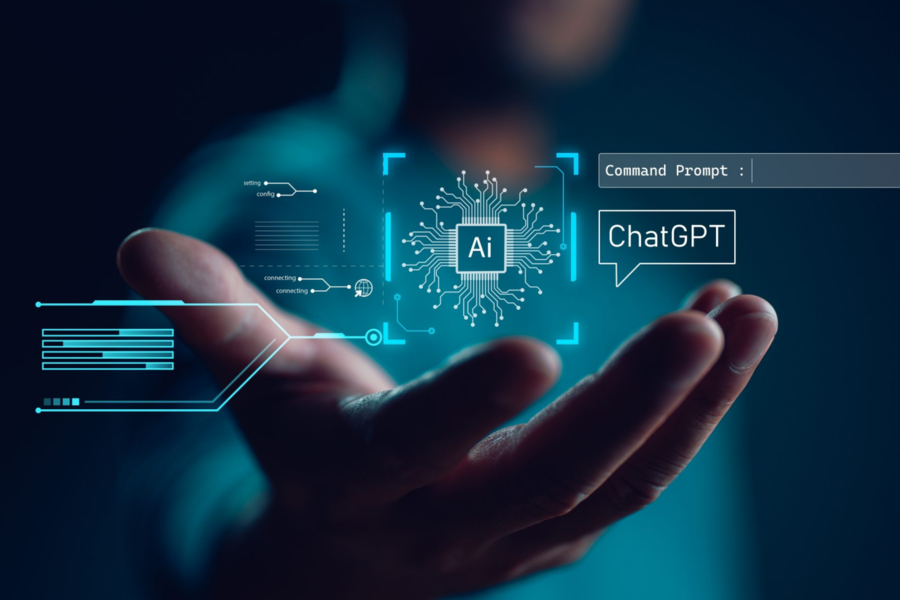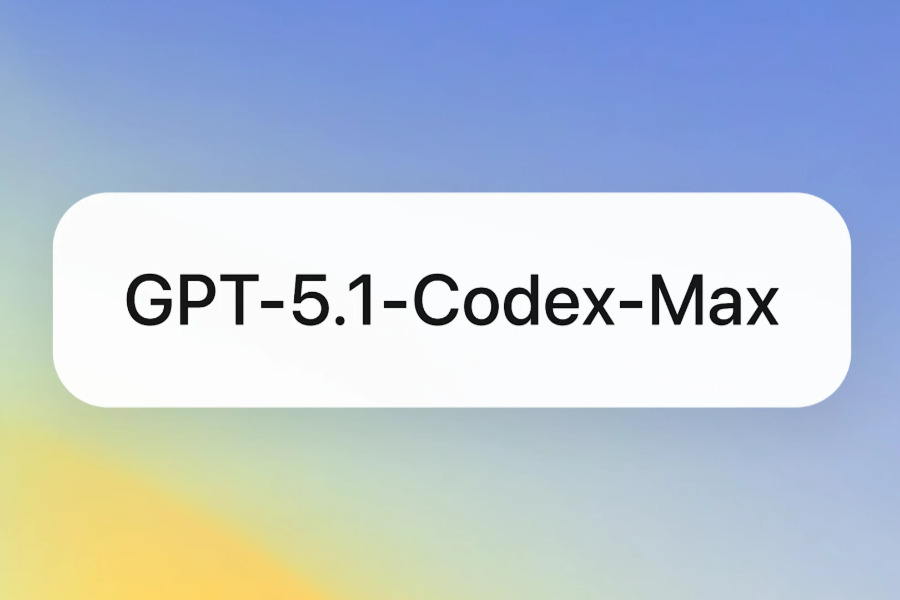Welcome to AgiYes‘s AI News Weekly!
From groundbreaking research to real-world applications, we’re bringing you the most impactful AI developments from around the world.
Here are the 10 most significant AI breakthroughs you need to know about this week.
Top 10 AI News from August 16–22, 2025
1. Google Offers Gemini AI Tools to U.S. Government
Google recently announced it will provide its latest Gemini AI tools to U.S. federal agencies at a minimal cost. This partnership, revealed in a joint statement with the U.S. General Services Administration (GSA), is designed to accelerate the government’s adoption of AI technology.
The Gemini toolkit includes a variety of functions, such as the ability to generate video and images, and create digital “assistants” that can handle complex tasks. According to the GSA, federal agencies will pay less than a dollar for access to the service.
2. Vercel Launches AI Gateway
Vercel has announced the general availability of its AI Gateway, a platform designed to provide developers with a streamlined way to access AI models. A key feature of the gateway is its support for hundreds of AI models from leading providers, including OpenAI and xAI.
Developers no longer need to configure separate API keys or manage different vendor accounts for each model, as the platform offers a unified interface for easy access. This design significantly lowers the barrier to entry for development, allowing engineers to quickly integrate and switch between different models to adapt to the fast-changing AI landscape.
3. Google Expands AI Mode to 180 Countries
Google announced on Thursday that it is expanding its AI Mode feature globally, allowing more users to ask complex questions and explore topics directly within Search. As part of this expansion, the English version of the feature is now available in 180 new countries and regions, previously limited to users in the U.S., UK, and India.
Google stated that support for more languages and regions will be added soon. Another major update is the inclusion of “Agentic” capabilities, giving users more powerful agent-like functionality. With this new feature, users can now directly find and book restaurant reservations within AI Mode.
4. Google Search Adds New AI Agent
Google has officially added a new AI Agent feature to its search engine, designed to provide a more intelligent search experience for users. This new capability simplifies the process of making restaurant reservations and can customize search results based on a user’s personal preferences.
To use it, a user simply inputs their requirements—such as the number of diners, date, time, location, cuisine, and any dietary restrictions—into the search bar. The AI Agent then scours multiple reservation platforms and presents a list of suitable restaurants. From there, users can directly link to a booking page to complete their reservation, making the entire process faster and more convenient.
5. DeepSeek-V3.1 is Now Available

DeepSeek Technology officially released its latest AI model, DeepSeek-V3.1 on August 21. To provide a better experience, the official app and web models have been upgraded to the new version. Users can now easily switch between “thinking” and “non-thinking” modes by clicking the “Deep Thinking” button.
Additionally, the DeepSeek API has been updated to reflect these changes, with deepseek-chat corresponding to the non-thinking mode and deepseek-reasoner to the thinking mode. The context window has also been expanded to a larger capacity of 128K.
6. ElevenLabs Releases v3 Alpha API
ElevenLabs, a leading AI voice technology company, officially launched its latest Eleven v3 Alpha API, providing developers with a groundbreaking text-to-speech (TTS) tool.
Described as “the most expressive text-to-speech model on Earth,” the Eleven v3 Alpha API’s core strength is its support for over 70 languages, allowing it to generate natural, fluent, and emotionally rich voice outputs.
7. MIXI Deploys ChatGPT Enterprise in 45 Days
MIXI Company announced a partnership with OpenAI to successfully deploy ChatGPT Enterprise in just 45 days. This initiative has significantly boosted internal communication and work efficiency, with over 1,000 employees now widely using the advanced AI tool.
MIXI, a Japanese company known for the mobile game Monster Strike and the family photo-sharing app FamilyAlbum, aims to “enrich communication, and inspire moments of joy.” Through its collaboration with OpenAI, the company is creating a more efficient work environment to continue innovating and meeting user needs.
8. Claude Code Enterprise Version Now Live
Anthropic announced on Wednesday the launch of a new subscription service, officially integrating its popular Claude Code command-line programming tool into its Claude for Enterprise plan. What’s even more exciting is the deep integration between Claude Code and the Claude.ai chatbot. In an enterprise setting, this integration is more flexible and powerful than ever.
Companies that subscribe to the new plan can now use Claude Code prompts and the Claude chatbot together for collaborative development. They can also more deeply integrate the command-line tool with internal data sources to achieve true intelligent office automation.
9. Google Pixel 10 Jumps Ahead in the AI Race
Google officially launched its new Pixel 10 series of smartphones, just a few weeks ahead of Apple’s anticipated iPhone 17 release. This marks another significant move by Google in the AI-driven smartphone market. The Pixel 10 series is powered by Google’s latest Tensor G5 processor, a customized chip designed for AI experiences and the first to run the new Gemini Nano model. The new generation of products delivers a qualitative leap in AI capabilities compared to the Pixel 9 series, which introduced features like the Gemini Live voice mode, image generation tools, and call summaries.
10. Microsoft Tests New Copilot Features for Windows 11
Microsoft is testing a significant update for Windows 11, which introduces an AI-driven smart file search feature for its Copilot app. Unlike traditional searches based on filenames, timestamps, or file types, the new feature allows users to search using more natural and descriptive language. In addition to the search upgrade, Microsoft is also testing a new Copilot Home experience. This interface will display a user’s recently used applications, files, and conversation history, providing a more personalized user experience.
Final Thoughts on This Week’s AI News
This week highlights AI’s rapid expansion and deep integration. Google’s strategic move to offer its Gemini tools to the U.S. government and Vercel’s new AI Gateway show AI becoming more accessible and embedded in core systems.
The global spread of Google’s AI Mode and its new intelligent agents demonstrate a strong push to make AI a practical, everyday utility.
From corporate efficiency tools at MIXI to hardware innovations in the new Pixel 10, the industry is moving beyond simple chatbots to seamlessly weaving AI into the fabric of how we work and interact with technology.
Read More:



